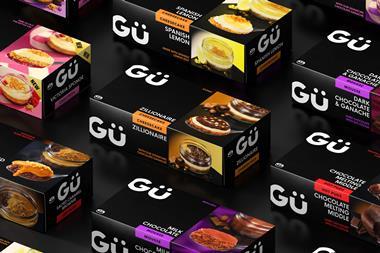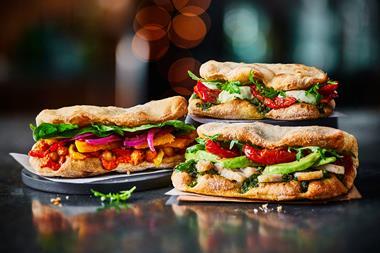Local sourcing, quality of customer experience and a flexible approach to retailing will be key to success in the foodservice market in 2017, according to analysts.
The NPD Group has flagged up five key trends for UK foodservice businesses in the coming year, adding that operators in the £50bn industry must constantly adapt to satisfy “ever-more demanding” customers.
“Consumers are now not only thinking about their own health, but also about the impact of their actions on the environment,” said NPD director of foodservice UK Cyril Lavenant. “Foodservice operators know the importance of maintaining a strong connection with the consumers they serve.”
The five trends identified by NPD are:
Flexible approach to delivery
Delivery is growing quickly, said NPD, and as consumers have greater choice, operators are finding it more difficult to maintain customer loyalty.
Businesses will need a flexible approach, according to analysts, which could mean introducing a delivery service or opening take-away-only outlets to complement a traditional sit-down restaurant format.
“Or it could mean partnering with the most relevant delivery aggregator,” added NPD. “Speed of delivery and excellent product quality will be key to a great customer experience.”
Quality customer experience
Quality will become more important than ever, said analysts, as fragile consumer confidence will make Brits cautious about how they spend their money.
“Winners will need to focus on maintaining the quality of their food and drink offerings and retain menu diversity, while delivering an ever better customer experience,” according to NPD. “With the eat-out market offering a dizzying array of choice, engaging with customers will be key to driving loyalty and repeat visits.”
Source local - but don’t sacrifice quality
Consumers won’t accept low-quality food, found the researchers.
“While sterling was strong, operators could use suppliers around the world to source the best-quality products such as high-quality meat from South America while still controlling food costs,” reported NPD.
“But the weakness of sterling, inflation and the impact of the National Living Wage will force operators to find local suppliers capable of providing high-quality products on a commercial scale.
‘Healthy choice’ and ethical consumers
Today, ‘healthy’ or ‘healthier’ food can mean vegetarian, vegan, low-fat, low-calorie, gluten-free or the increasing use of fresh ingredients. While consumers may not always choose to buy a healthier choice, they see the availability of such options as a reassuring sign of quality, according to NPD.
“This adds menu and sourcing complexity for operators, but needs to be taken seriously,” the firm reported. “Consumers are also seeking ethically-sourced and locally-sourced ingredients and are concerned about limiting food waste and protecting the environment.”
To be successful, operators should meet the demand for ‘healthy choice’ menu options while maintaining their core menu appeal, said NPD.
Offer a new twist on a classic
Consumers are creatures of habit who – when it comes down to choosing something from a menu – will often be happiest enjoying a classic or traditional dish, according to the analysts.
“If done well, a new take on a classic dish will wow the customer and keep the menu fresh,” said NPD, adding that the most successful operators will be those who offer a traditional dish while adding a surprising twist.
































No comments yet